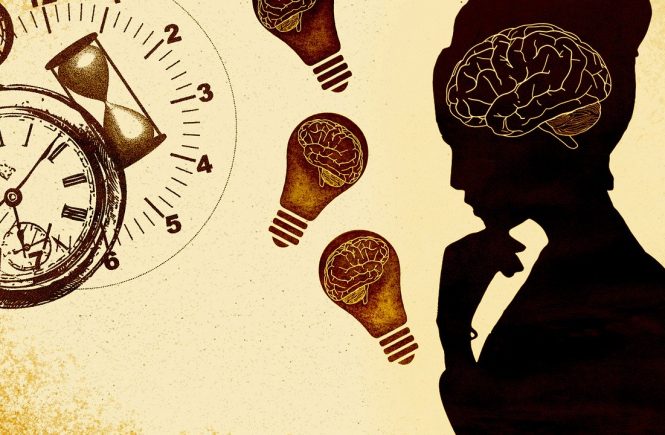I was a surgery intern almost 50 years ago, before black women were surgery interns. I was proud of that achievement—particularly when recalling what one surgeon told me when I applied: “we don’t like women in surgery but we like you.” Why? Because I worked hard, excelled on my surgery rotations, and didn’t whine about the long hours.
I was in medical school before diversity was an identity-based political buzzword. It was a time when diversity meant different kinds of people mingling together at school, work, or otherwise. We had the common goal of learning as much as we could absorb and achieving good grades.
Fast forward to the 1980s and beyond, where achieving diversity in school or the workplace took precedence over excellence. Now diversity means condemning different kinds of people to a life in their own racial silo. People are no longer individuals. Sadly, little kids are no longer just kids. Now they are a black kid, or a “Latinex” kid, or a white supremacist kid who, unbeknownst to him/her hates brown-skinned kids.
We cannot let this kind of thinking seep into the medical profession. We are human beings who are physicians, who want to contribute to society, and who want the best for our patients.
We have to be at the forefront of an alternate way to see that minorities are represented in our profession—not by parroting empty rhetoric, but through action. We need to go to schools and tell some fascinating stories that illustrate that there is more to black history than slavery and white oppression. And yes, white people are allowed to tell these stories.
Let’s start with an inspiring piece of medical history. As a child I learned about Dr. James Derham (c. 1757-1802?), born a slave in Philadelphia. He was the first known black American physician, although he did not attend medical school. As was common at the time, physicians were trained in apprenticeships. Young Derham’s masters were physicians who taught him to read and write and ultimately, he became a paid medical assistant. He earned his freedom and in 1783 opened a private practice in New Orleans. He spoke three languages and had patients of all colors.
We should teach young racial minorities that they are strong survivors who can overcome anything. Do not buy into the dreadful notion that brown-skinned folks are inferior victims whose lives are controlled by their white overlords. Tell them not to engage in the race to be the biggest victim, but rather the biggest winner. We recognize and lament past injustices. However, we must tell students to live in the moment and pave their own future.
Brown-skinned students should not be told that getting “Cs” is just fine. This “soft bigotry of low expectations” has far-reaching consequences. Young college and graduate students have told me how lucky I was that I was in school before affirmative action took root. They felt like no one would know if they were actually competent or an “affirmative action baby.” Imagine having that burden to live with. In medicine, many minorities wonder whether their colleagues and patients might think they are not as smart as the white doctor next door.
I grew up knowing I was as good as anyone else. And that’s what drove me to excellence. That is what I want for our future physicians.
And P.S. When I was in medical school, I attended the birth of a set of twins. Their father was a black American, their mother was a recent immigrant from Korea. The daughter was the spitting image of her mother; the son was the spitting image of his father. The nurse asked the pediatrician what race she should write for the birth certificate. The pediatrician answered, “human.”


